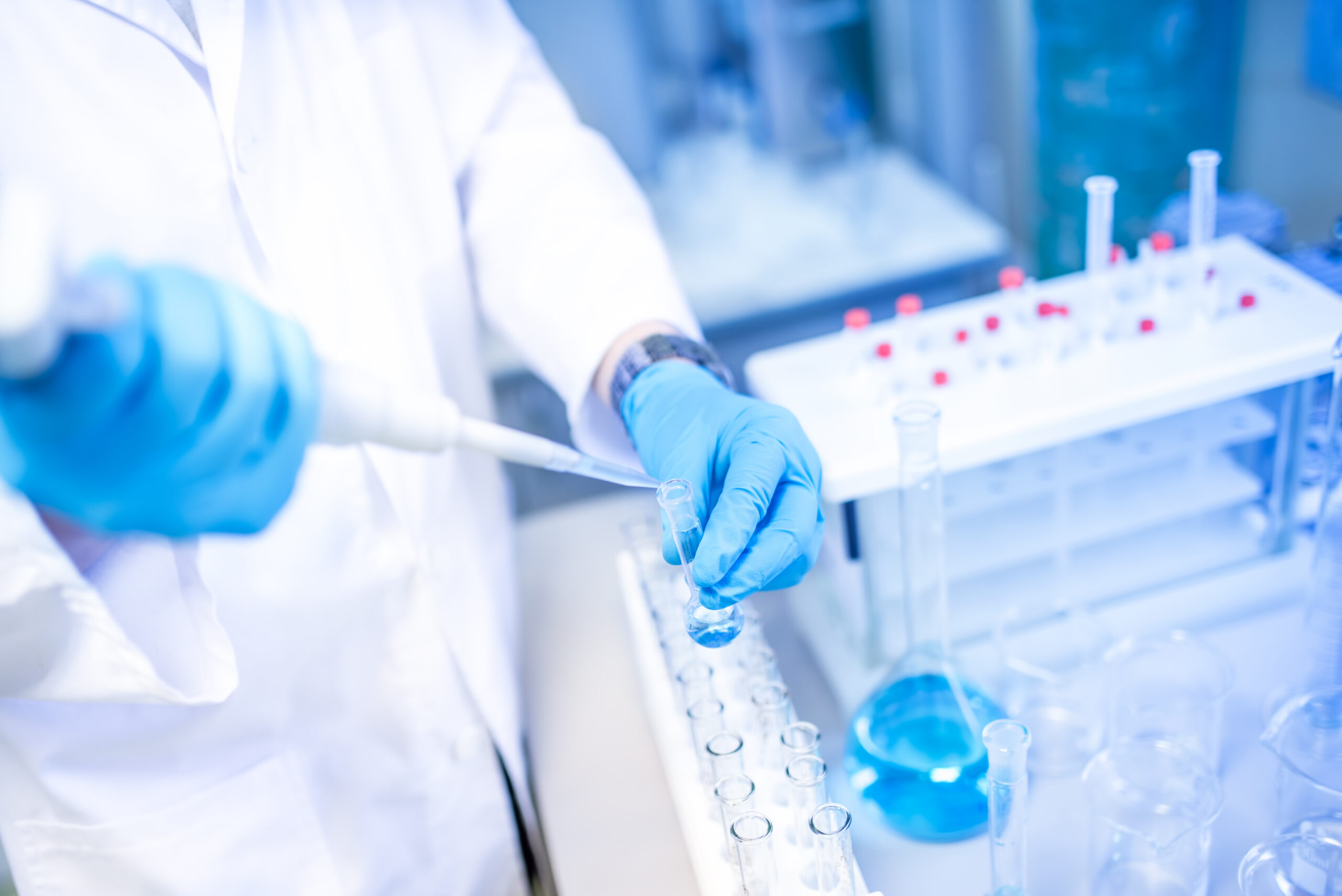Houston Chronicle Op-Ed: Keep Houston Forensic Science Center Independent
06.02.16 By Sarah Chu
In March of this year, the Houston Chronicle reported that city officials were contemplating merging the newly formed Houston Forensic Science Center (HFSC) with the Harris County Crime Laboratory as a budget savings measure. Forensic science in the city of Houston has had a troubled history. In 2003, serious negligence and breeches of scientific standards at the crime laboratory, under police department control at the time, led to a number of wrongful convictions and a series of audits by former Department of Justice Inspector General Michael Bromwich.
After the laboratory’s fingerprint section was closed in 2009, the city spent millions of dollars outsourcing its fingerprint analyses. In 2012, the city council voted to create the HFSC, a forensic science service provider that was to be lead by scientists and raise the standard of forensic science practice in Houston. The laboratory’s history and the foundation of its new future are documented in a recent book by HFSC Board Member Sandra Guerra-Thompson, Cops in Lab Coats.
In a recent op-ed piece in the Houston Chronicle, experts William C. Thompson, Lucas Mentch, Maria Cuellar and Clifford Spiegelman—researchers investigating forensic science issues as part of a grant program sponsored by the Statistical and Applied Mathematical Sciences Institute—encourage Houston residents to take pride in their new laboratory and the progress that it has made for the city in the field of forensic science. The authors also give reason as to why merging HFSC with the Harris County Crime Laboratory would thwart the center’s important work. They write:
Under new management, the lab has made rapid progress. The top administrators have strong backgrounds in science and have implemented procedures that are both innovative and rigorous. They have reduced backlogs while improving safeguards against error and bias. Like other major city crime labs, it faces challenging decisions about how best to use limited resources but current management has acted in a manner that is both responsible and transparent. . . .
Merging the lab with the police department would be a step backward. The lab’s independence from police is a vital element in maintaining and improving scientific standards and avoiding the bias, error and expensive scandals of the past. . . .
. . . Independent management of the lab has allowed the lab to move toward the National Commission’s [on Forensic Science] recommendation to restrict the information between investigators and analysts in order to reduce bias. Few labs in the U.S. have been willing or able to do this, and thwarting the efforts of the independent management now would detract from the high standards the HFSC is setting.
Making strides by adopting protections against cognitive bias, installing scientific leadership, implementing innovative and rigorous procedures, HFSC should be allowed to flourish and meet its potential, the authors conclude, and should not be merged with the Harris County Lab. They write:
Police management of the lab was an expensive failure that should not be repeated. We have come a long way since the bad old days when Houston’s crime lab was widely viewed as the worst major-city crime lab in the United States. Under current management, the HFSC is poised to become one of the best crime labs in the U.S. To turn back now would be a serious mistake.
Read more about the importance of preserving the Houston Forensic Science Center.
Read the op-ed these experts wrote about the unreliable forensic science presented in Making a Murderer.

Leave a Reply
Thank you for visiting us. You can learn more about how we consider cases here. Please avoid sharing any personal information in the comments below and join us in making this a hate-speech free and safe space for everyone.